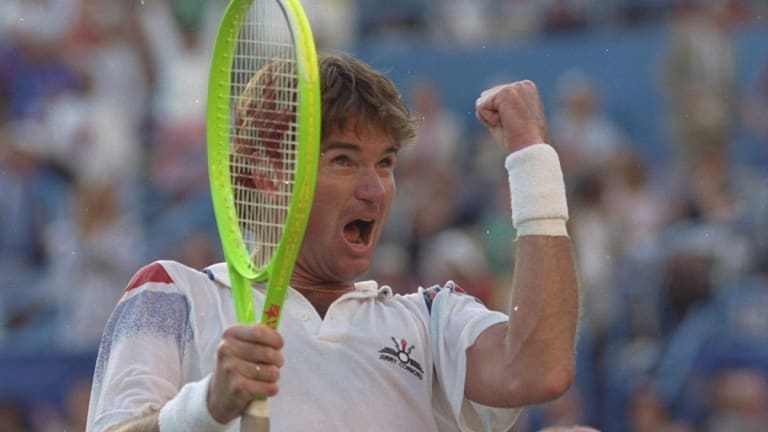These are the days that try Novak Djokovic’s soul, no easy feat considering the Serbian trooper’s trademark stoicism.
Djokovic hasn’t won a singles title since the Paris Olympics last summer. He lost his first match in his two most recent tournaments, both important Masters events/Grand Slam tune-ups. Both men who beat him, Alejandro Tabilo and Matteo Arnaldi, are ranked outside the Top 30.
“It’s a completely different feeling from what I had in 20-plus years of professional tennis,” Djokovic admitted after absorbing his most recent loss, in Madrid. “Kind of a new reality for me”
Then, stolid as ever, he added, “Look, I cannot sit here and complain about my career or anything. I’m not doing that.”

